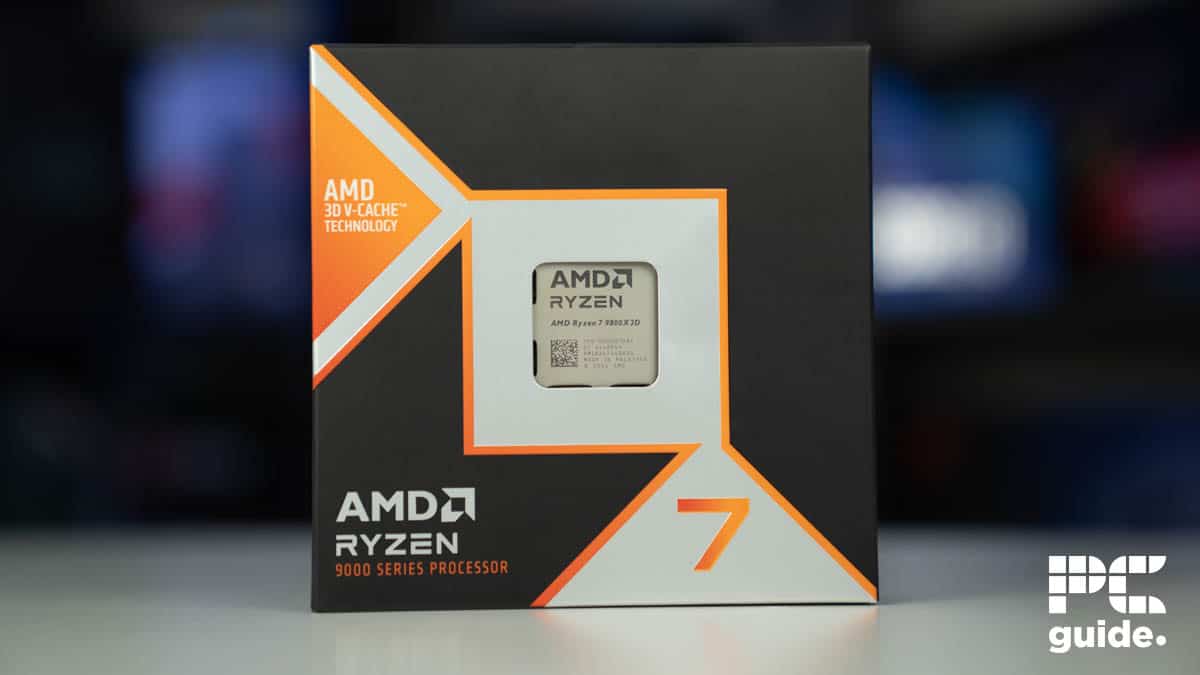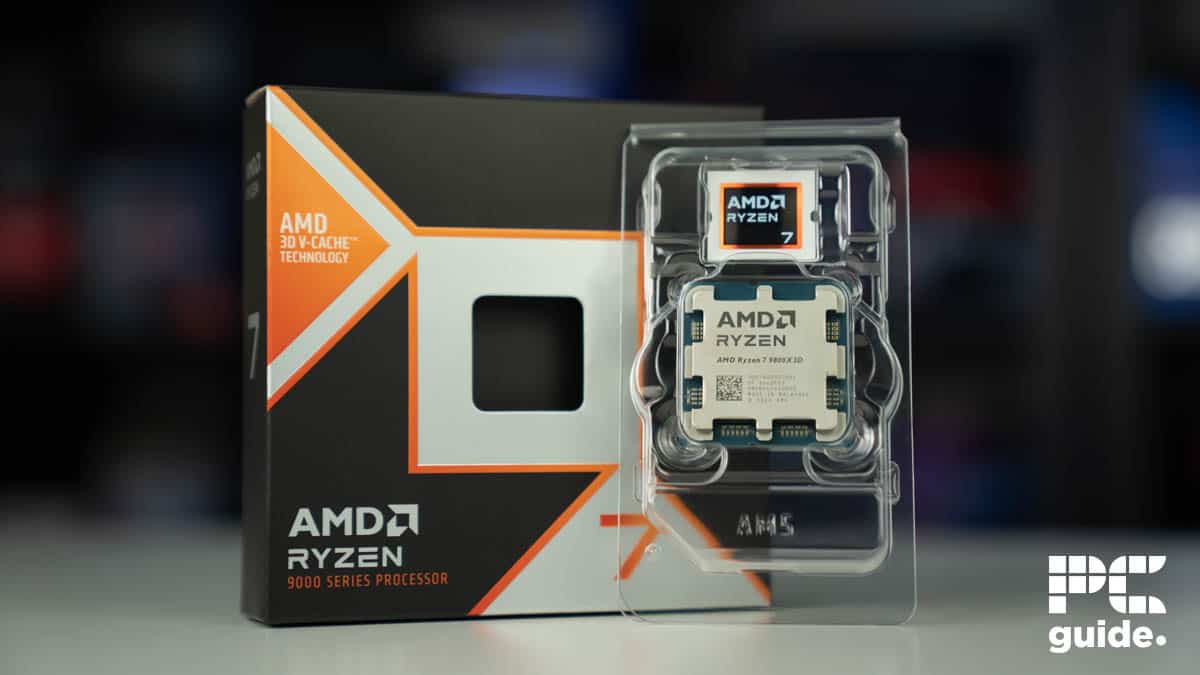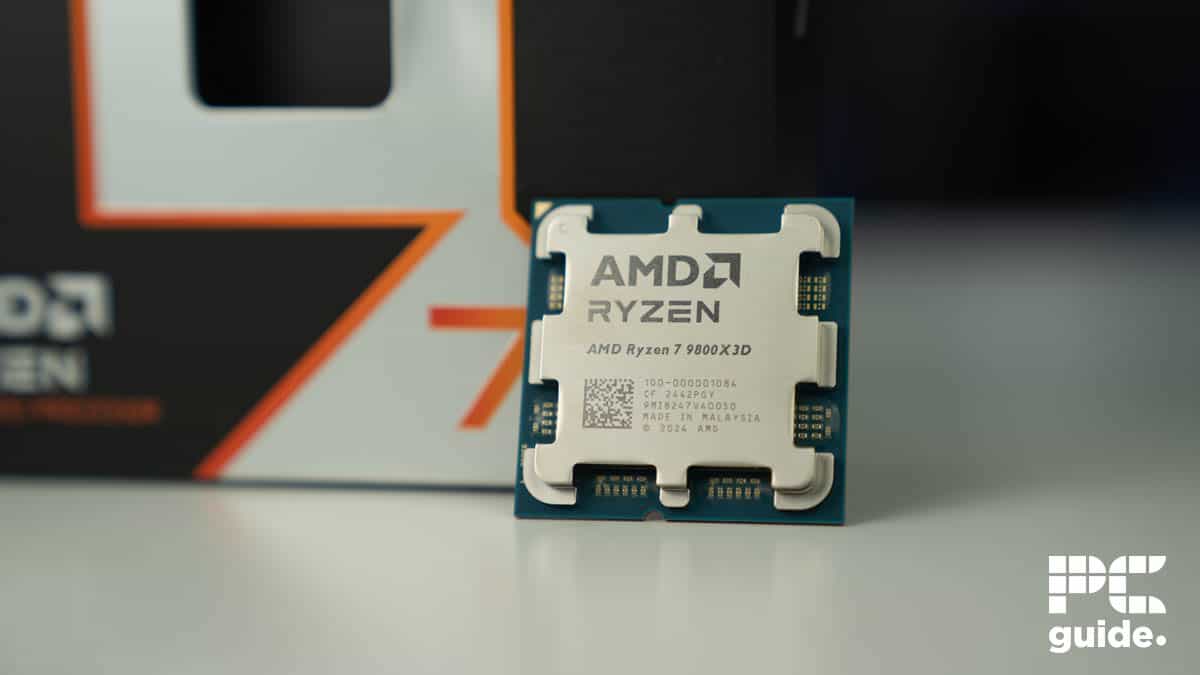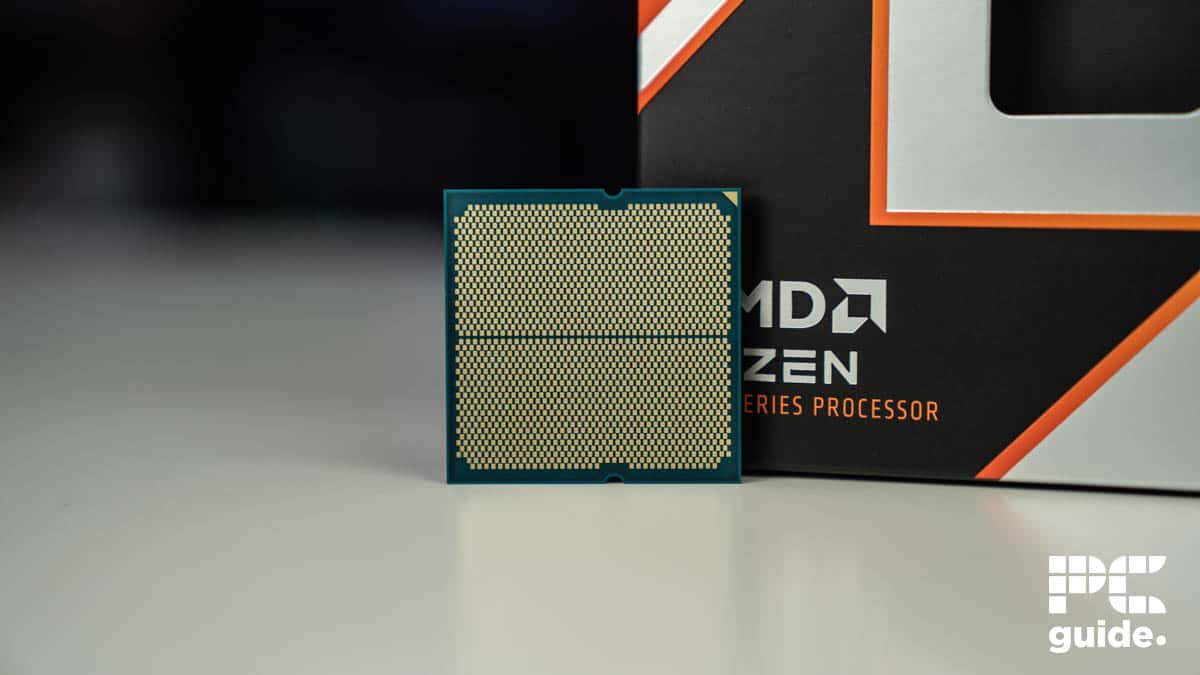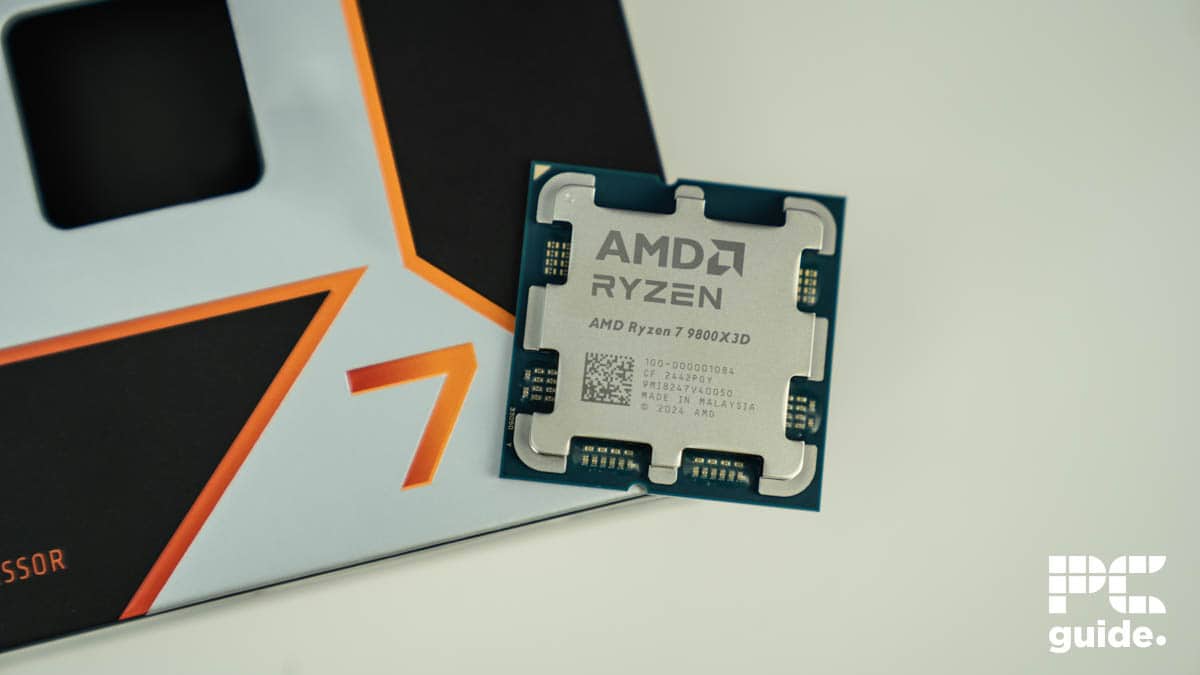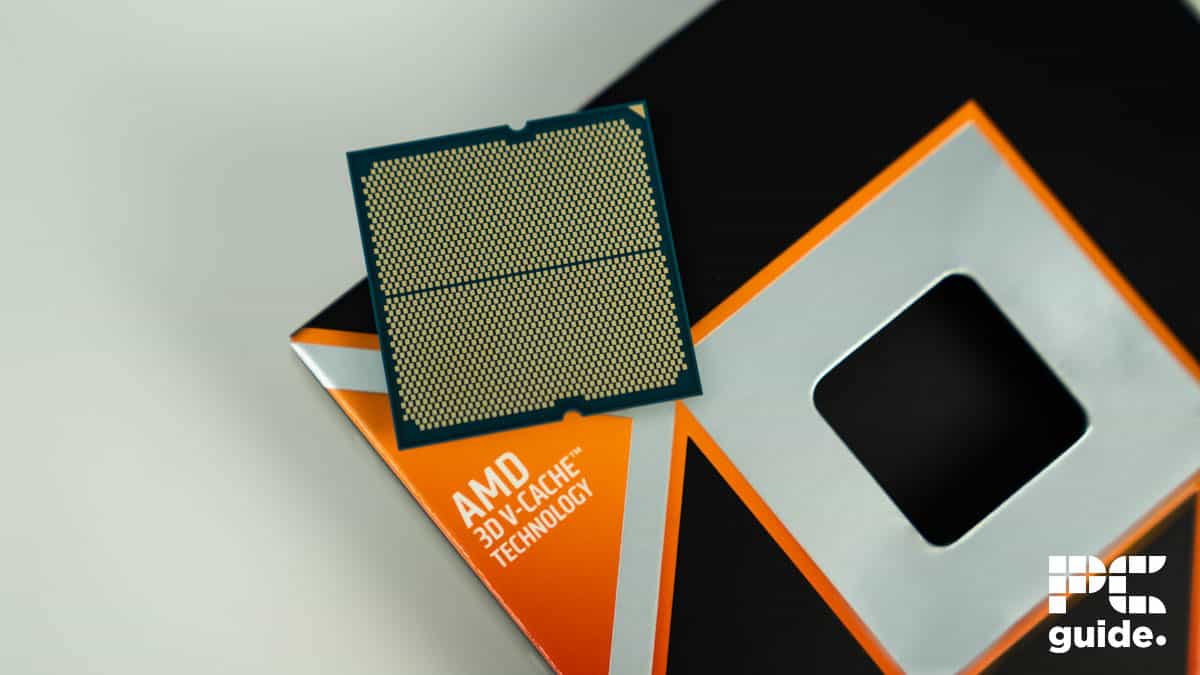ASRock just released a new BIOS update to address 9800X3D CPU deaths
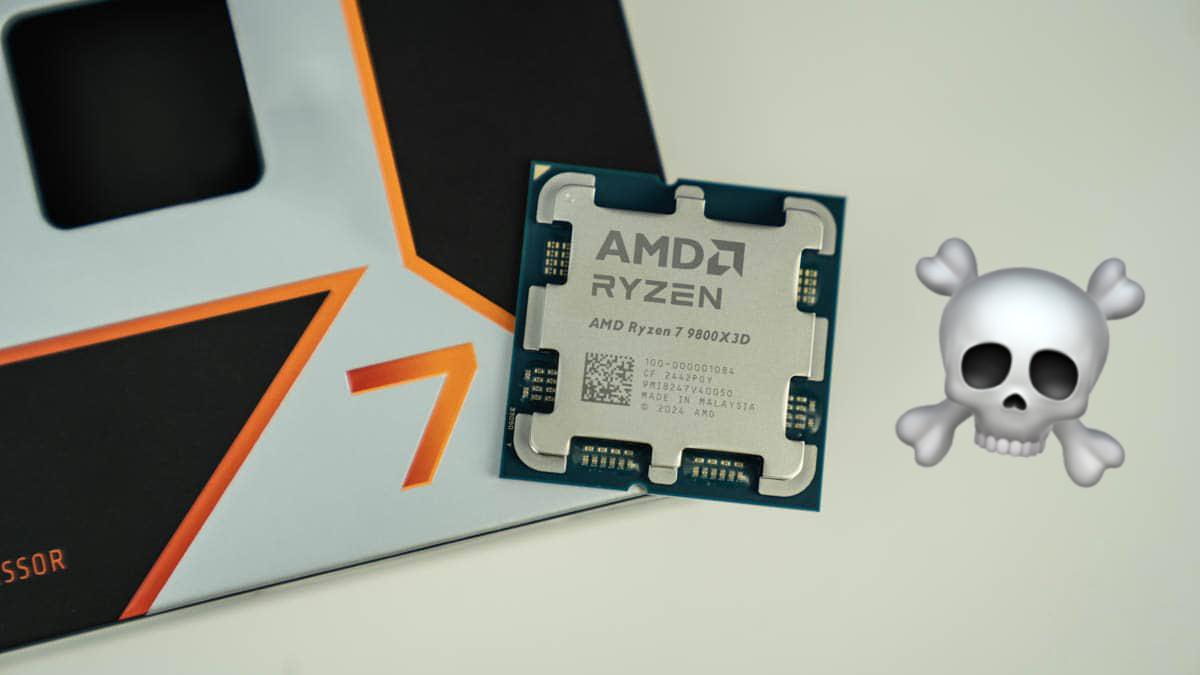
Table of Contents
It has been a few months since AMD launched the Ryzen 7 9800X3D, with a ton of hype for the chip causing stock-outs within minutes. So far, there haven’t been any issues – the CPU performed exceptionally well in our 9800X3D review testing. However, this recently changed when numerous users started reporting dying 9800X3D processors, with the majority of cases coming from those using ASRock motherboards, particularly X870 chipset boards.
On that topic, the motherboard brand has now pushed a new beta BIOS update. While the patch notes don't explicitly mention this issue, Version 3.20 does bring “Optimized JEDEC DDR5-4800 or EXPO Memory compatibility” and addresses a “minority proportion of AMD 9000 series CPU boot issue.”

- Cores: 8
- Threads: 16
- Boost clock speed: 5.2GHz
- Base clock speed: 4.7GHz
- L3 cache: 96MB
- TDP: 120W
- Platform: AM5
What about the voltage on 9800X3D?
Now when the issue first surfaced, many users pointed to high voltage as the primary cause. In a Reddit thread, users were reporting unusually high SoC voltage levels (1.815V) on an X870E motherboard and also reports of unlocked SoC voltage on an MSI X870-P WiFi. So naturally, everybody started to come to the same conclusion that this high voltage could be a reason for CPU deaths due to short-circuiting.
However, ASRock Japan believed that memory compatibility issues are also likely a factor and this has been addressed in the new 3.20 Beta BIOS. That said, we have already seen ASRock and AMD acknowledge this 9800X3D CPU failure issue, but an exact cause has yet to be determined from both sides. For now, affected users are advised to update to the latest BIOS to improve stability and try to avoid manual overclocking or excessive voltage adjustments on these processors.

